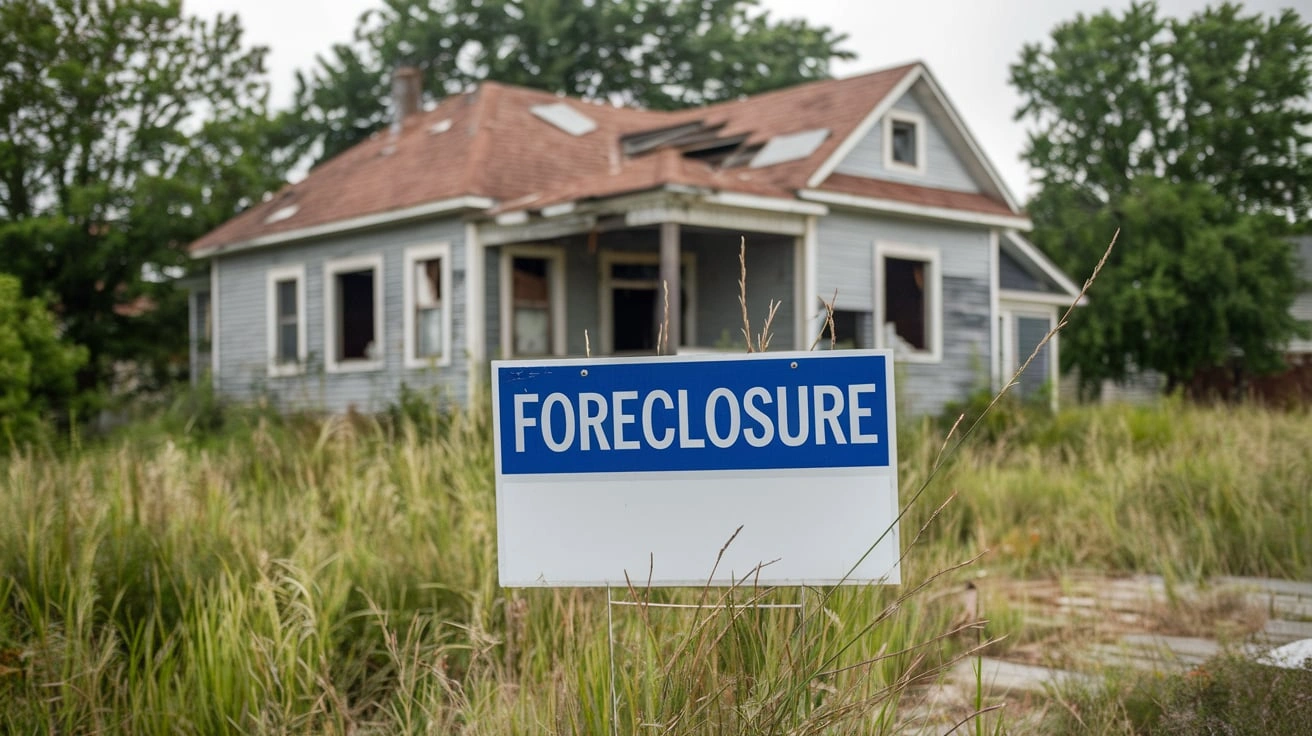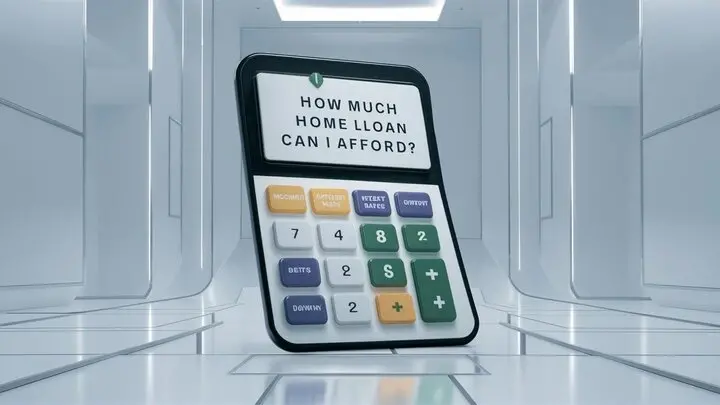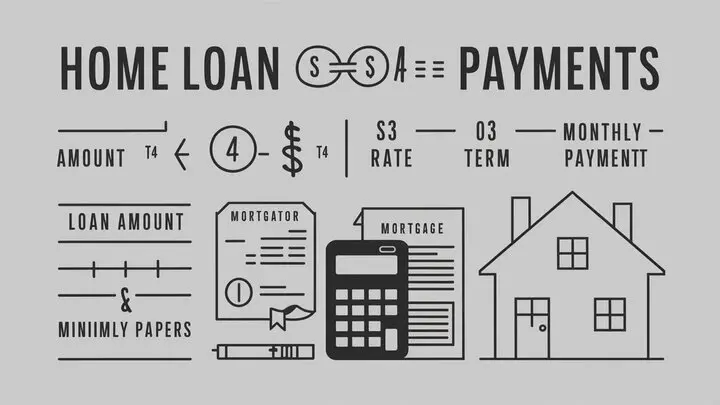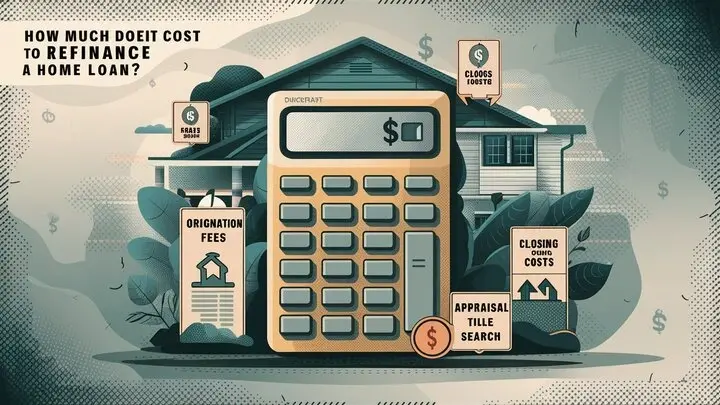-
Posted on: 23 Aug 2024

-
Student loan debt is a significant burden for millions of Americans. The possibility of defaulting on these loans can be frightening, leading to concerns about the consequences, including the potential loss of your home. This article will explore the circumstances under which student loan lenders can pursue your home in the event of default, the protections available, and what steps you can take to safeguard your assets.
Understanding Student Loan Default
Before delving into the specifics of home seizure, it's crucial to understand what constitutes student loan default. Default typically occurs when you fail to make payments on your student loans for a prolonged period, usually 270 days for federal loans. The consequences of default can be severe, including:
- Wage garnishment
- Tax refund offset
- Damage to your credit score
- Ineligibility for further federal student aid
- Lawsuits from lenders
While these consequences are serious, the good news is that direct seizure of your home due to student loan default is relatively rare, particularly for federal student loans. However, it's not impossible, especially with private student loans and under certain legal circumstances.
Federal Student Loans and Your Home
Federal Student Loan Default and Foreclosure: The Reality
The federal government, through the Department of Education, holds the majority of student loan debt. While the Department of Education has broad powers to collect on defaulted loans, directly foreclosing on your home is not a typical or preferred method of recovery. They are much more likely to pursue other avenues like wage garnishment and tax refund offset.
However, it’s crucial to understand how a judgment against you can indirectly lead to issues with your home. If the Department of Education or a contracted debt collector sues you for the defaulted student loan and obtains a judgment in court, they can then place a lien on your property, including your home. This lien essentially gives the lender a legal claim to your property.
Liens and Federal Student Loan Judgments
A lien on your home doesn't automatically mean you'll be forced to sell. However, it significantly impacts your ability to sell or refinance your home. Before you can transfer ownership or secure a new mortgage, you'll need to satisfy the lien, which means paying off the debt owed. The lien also accrues interest, increasing the total amount owed.
Furthermore, in some circumstances, the lender could petition the court to foreclose on the lien. This is less common with federal student loans than with other types of debt (like mortgages or property taxes), but it is a possibility, especially if you have significant equity in your home and other assets. The cost and time associated with foreclosure for a defaulted student loan are substantial, making it a less attractive option for the Department of Education. Still, it’s a risk you need to be aware of.
Private Student Loans and Your Home
Private student loans are issued by banks, credit unions, and other financial institutions. The rules governing these loans are different from those of federal loans, and lenders often have more flexibility in their collection methods.
Private Student Loan Default and Foreclosure: A Higher Risk
Private student loan lenders are more likely to pursue legal action to recover defaulted debts, including the possibility of obtaining a judgment and placing a lien on your home. While they might still prefer wage garnishment or other collection methods, the likelihood of a lien and potential foreclosure is generally higher compared to federal student loans.
The specific procedures and limitations vary depending on state law and the terms of your loan agreement. Some states offer stronger protections against debt collection than others. Understanding your rights and the laws in your state is essential if you're facing private student loan default.
The Importance of Reviewing Your Loan Agreement
Your private student loan agreement outlines the lender's rights and responsibilities in case of default. Carefully review this document to understand the specific consequences you might face, including the possibility of legal action and the placement of a lien on your property. If you're unsure about any aspect of the agreement, consult with an attorney.
Homestead Exemptions: Protecting Your Home
Many states offer a "homestead exemption," which protects a certain amount of equity in your primary residence from creditors. This exemption can provide a crucial safeguard against losing your home in the event of a judgment and lien related to student loan debt (or other types of debt).
Understanding Your State's Homestead Exemption
The amount of the homestead exemption varies significantly from state to state. Some states offer generous exemptions, protecting a substantial portion of your home equity. Other states have more limited exemptions, and some have no homestead exemption at all. You can find information on your state's homestead exemption laws on your state government's website or by consulting with a real estate attorney.
How Homestead Exemptions Work
If a creditor obtains a judgment against you and places a lien on your home, the homestead exemption protects a certain amount of your equity. For example, if your state's homestead exemption is $100,000, and you have $150,000 in equity, the creditor can only pursue the $50,000 of equity exceeding the exemption amount. This can significantly reduce the lender's incentive to foreclose, as they would only be able to recover a portion of the debt.
Filing for Homestead Protection
In some states, homestead protection is automatic, meaning you don't need to take any specific action to claim the exemption. In other states, you may need to file a formal declaration of homestead with your local government. It’s critical to understand the requirements in your state and ensure you comply with them to protect your home equity.
Strategies to Avoid Default and Protect Your Home
The best way to protect your home from student loan lenders is to avoid default in the first place. Here are some strategies to consider:
Federal Student Loan Repayment Options
- Income-Driven Repayment (IDR) Plans: These plans base your monthly payment on your income and family size, making payments more affordable. There are several IDR plans available, including Income-Based Repayment (IBR), Income-Contingent Repayment (ICR), Pay As You Earn (PAYE), and Saving on a Valuable Education (SAVE).
- Deferment and Forbearance: These options allow you to temporarily postpone or reduce your payments if you're experiencing financial hardship. Deferment is generally available for specific situations like unemployment or enrollment in school, while forbearance is granted at the lender's discretion.
- Student Loan Consolidation: Consolidating your federal student loans can simplify repayment and potentially qualify you for different repayment options.
Private Student Loan Repayment Options
Private student loan lenders often have less flexible repayment options than the federal government. However, you can still try to negotiate with your lender to find a more manageable repayment plan. Options might include:
- Interest-Only Payments: Temporarily paying only the interest on your loan can reduce your monthly payments.
- Loan Modification: The lender might be willing to modify the terms of your loan, such as extending the repayment period or reducing the interest rate.
- Debt Settlement: In some cases, you might be able to negotiate a settlement with the lender to pay off the loan for less than the full amount owed. This can significantly damage your credit score.
Seeking Professional Help
If you're struggling to manage your student loans, consider seeking professional help. A qualified financial advisor or student loan attorney can help you understand your options, navigate the complex repayment landscape, and develop a strategy to protect your assets.
Bankruptcy and Student Loans
While it's notoriously difficult to discharge student loans in bankruptcy, it is possible under certain circumstances. You must prove to the bankruptcy court that repaying your student loans would impose an "undue hardship." This typically involves demonstrating that you have a severe and long-lasting financial hardship that prevents you from maintaining a minimal standard of living if forced to repay the loans.
Even if you can't discharge your student loans entirely, bankruptcy can still provide relief from other debts, freeing up funds to make your student loan payments and protect your home. Consult with a bankruptcy attorney to explore your options.
Conclusion
The possibility of losing your home due to student loan default is a serious concern. While direct foreclosure is rare, particularly with federal student loans, the risk of a judgment and lien on your property is real. Understanding the laws in your state, exploring available repayment options, and seeking professional help can significantly reduce your risk and protect your assets. Proactive measures and responsible loan management are key to avoiding default and securing your financial future.








